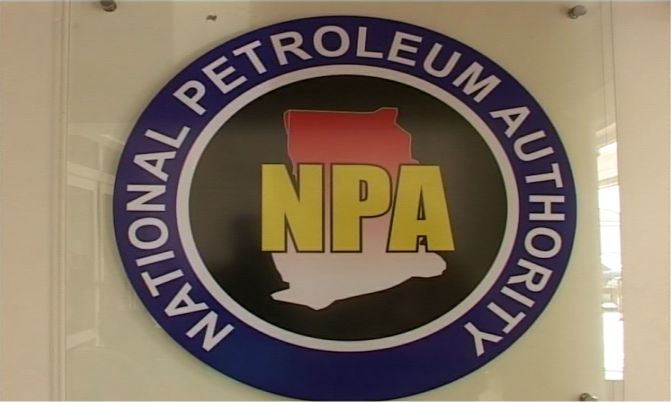The National Petroleum Authority (NPA) in the Upper East Region in collaboration with the security agencies is making fuel-smuggling business unattractive due to the regular effective exercise on clamping down on such activities especially at border communities in the Region
Fuel smuggling has been one of the obstacles in the petroleum downstream of the supply chain in Ghana where both bulk distribution companies and consumers suffer in terms of pricing and demands.
The Upper East Region, which is bordered by landlocked countries, has been the target of fuel smugglers who use the numerous unapproved routes to illegally transport fuel at dark hours.
However, with the intervention of the current leadership of the National Petroleum Authority led by its Chief Executive Officer, Sheikh Mustapha Abdul Hamid, smuggling of fuel is a thing of the past in all the border towns and communities.
Through his initiative, the Upper East Regional office of NPA led by the Regional Manager, Bashiru Natogma, together with the security services, has made fuel smuggling business unattractive and it has gone a long way in improving sales and quality of fuel supply in the Upper East Region.
Through the electronic tracking system put into place on transportation of petroleum products across the country by the NPA, fuel smuggling is also checked.
Mr. Bashiru Natogma, in a media interaction to update journalists on the operation of the Authority, disclosed the rapid response and actions undertaken by the Authority in clamping down and eradicating fuel smuggling in the Upper East Region.
He reaffirms the Authority’s mandate in ensuring consumers get quality petroleum products in quantities that will ensure value for money.
“My team in partnership with the security agencies, have made fuel smuggling very difficult especially at the border towns because that’s where majority of the smuggling takes place,” he said.
“We are therefore sending strong warning to all identified and those yet to be identified in the fuel smuggling business to stop or face the law. We are not leaving any stone unturned in the fight against fuel smuggling in the border towns and some defunct fuel stations,” Mr. Bashiru fumed.
NPA and the security agencies have positioned security personnel on daily patrol at the smuggling points which share borders with neighbouring countries to curb the menace.
Some of the points include Pindaa community in the Kassena Nankana municipal, Nakolo in the Kassena Nankana West District, Kulungugu in the Pusiga District, Nayagnia in the Kassena Nankana municipal, Bongo Soe in the Bongo District and some border communities in the region.
Community members and opinion leaders in the border communities have also been sensitized and educated on the need to stop and discourage fuel smuggling for socio- economic development of the country as part of the measures to stop fuel smuggling by NPA.
NPA with the collaboration of the security services, foreign petroleum transporters from Burkina Faso, Togo, Mali and Niger have been given some incentives for easy takeoff and transportation of petroleum products from depots in Bolgatanga and Buipe as a way of discouraging middle men who smuggle these products to these neighboring countries.
Mr. Bashiru Natogma urged the public to report to the NPA through its toll free contact numbers of any illegal and unapproved activities at the fuel stations or the LPG Refilling points. He also advised consumers who fall victim to cheating at the pumps to obtain receipt for evidence.
The Head of Planning at the NPA headquarters, Dominic Aboagye, lectured journalists on fuel supply and availability in Ghana, assured the general public that the NPA as a regulatory and enforcement body will ensure uninterrupted supply of quality petroleum products to Ghanaians and clients in Burkina Faso, Togo, Mali and Niger.
Mr. Dominic Aboagye disclosed that Ghana’s petroleum products are the best in West Africa and one of the best in the world because it competes well with that of petroleum products in Europe and oil-producing countries.
By Rabiu Tanko Mohammed|3news.com|Ghana


